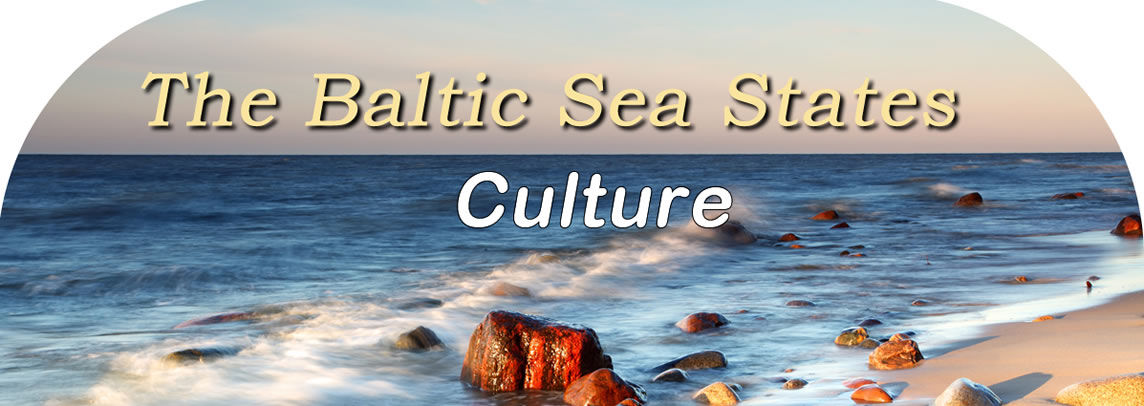
Lithuania: A Nation of Many
Cultures
The story of the Lithuanian
nation spans many centuries and concerns a highly diverse ethnic
population that dates back to 2000 B.C. For thousands of years, the
Balts, who were the ancestors of modern Lithuanians, were wealthy
amber traders along the coast of the Baltic Sea. The Crusaders were
the first conquerors of the country, which at the time was the
largest pagan European nation.
Foreign occupation incited a dynamic quest for solidarity and the
need for Lithuanians to embrace a culture of their own. They were
first subjected to the Crusaders, then under Polish dominion in the
12th century when they were forced to accept Catholicism, and
finally under the Soviets. It wasn’t until 1991 when Lithuanian
independence was finally regained.
Lithuania’s life force is culture, and the appalling price paid to
keep it makes this nation unique among others. The country’s focus
on a national and cultural identity was the result of a literacy
movement that began in the 19th and early 20th centuries. Although
the Soviets forbade reading and writing in their national language,
a people determined to keep its precious traditions alive developed
an unquenchable thirst for national literature.
For centuries Lithuania was home to many Poles, Latvians, Germans,
gypsies and Belarusians, but the nation has undergone significant
changes in its ethnic population down through the centuries. From
1941-1944, up to 250,000 Jews (Litvaks) were all either killed by
Nazi Germany or they emigrated. Catholicism was also very important
to the Lithuanian anti-communist resistance under the Soviet Union,
and some Catholic priests risked their lives to become leaders in
these movements.
Upon the defeat of the Nazis in WWII, the Soviets refused to
withdraw from Lithuania, establishing it as part of the U.S.S.R.
From 1945 to 1953, the populace was subjected to the wrath of
murderous madman, Joseph Stalin. Many thousands were deported to
Siberia, including women and small children and intellectuals. Many
fled, seeking asylum elsewhere, and countless others were murdered
in a bloody genocide campaign. Protecting culture as if it were a
precious heirloom became a form of quiet resistance.
Lithuanians have sought recognition from the rest of the world,
having paid a terrible toll in loss of life at the hands of foreign
nations. Lithuania first applied for North Atlantic Treaty
Organization (NATO) membership in 1994, and entrance into NATO and
the European Union, which happened in 2004, marked the beginning of
a healing process and a burgeoning relationship with both its
immediate neighbors and the world community.

© Baltic21.org
2013, All Rights Reserved |

